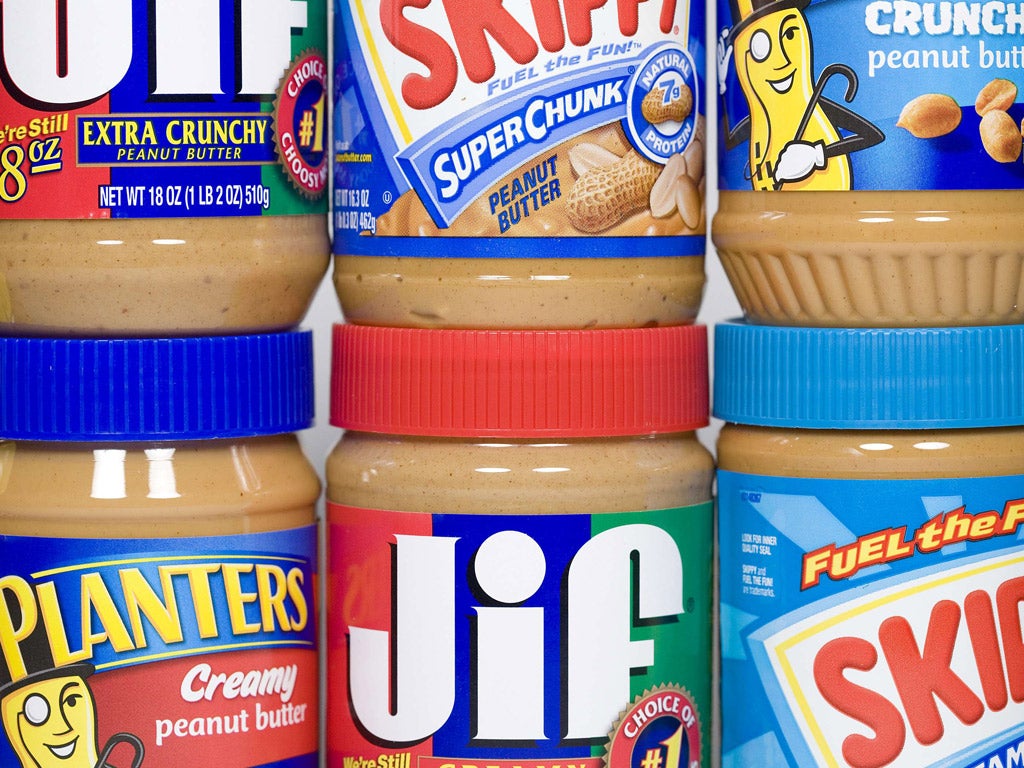Exposing infants to peanuts could prevent them from developing allergies, experts say
Experts suggest that giving infants food with traces of peanuts could prevent them developing an allergy to the food

Experts are suggesting that the best way to prevent children from developing peanut allergies is by giving infants food with traces of peanuts.
In June 2015 the American Academy of Paediatrics (AAP) found that by introducing peanuts early in an infant’s diet they were less likely to develop the allergy that affects up to three per cent of children in Westernised countries today.
The New England Journal of Medicine built on the previous 2015 findings with a study looking at 550 children thought likely to develop a peanut allergy.
The study found that the children, who ate peanut snacks in the first 11 months of their life, could stop eating them for a year, by the age of five, without risk of developing the allergy.
"I believe that this fear of food allergy has become a self-fulfilling prophecy, because the food is excluded from the diet and, as a result, the child fails to develop a tolerance," lead author Professor Gideon Lack told the BBC News website.
In a statement, the AAP said: ”The interim guidance summarises the evidence that finds early peanut introduction is safe and effective in infants at high risk of peanut allergy.
“Health care providers should recommend introducing peanut-containing products into the diets of high-risk infants between ages four and 11 months.”
There still remains the risk that some infants already have the allergy and should see a doctor before being fed peanut products.
Peanut allergies commonly cause breathing problems and those affected could have a severe reaction even if they are only exposed to a trace of peanuts in food.
Parents should also avoid giving whole peanuts to children as they could be a choking hazard.
“Further studies are needed to determine the longer term effects of intermittent ad lib peanut consumption following introduction early in life,” noted Dr. Lack.
Experts hope that this research will work reduce allergies of other foods too.
Join our commenting forum
Join thought-provoking conversations, follow other Independent readers and see their replies
Comments
Bookmark popover
Removed from bookmarks